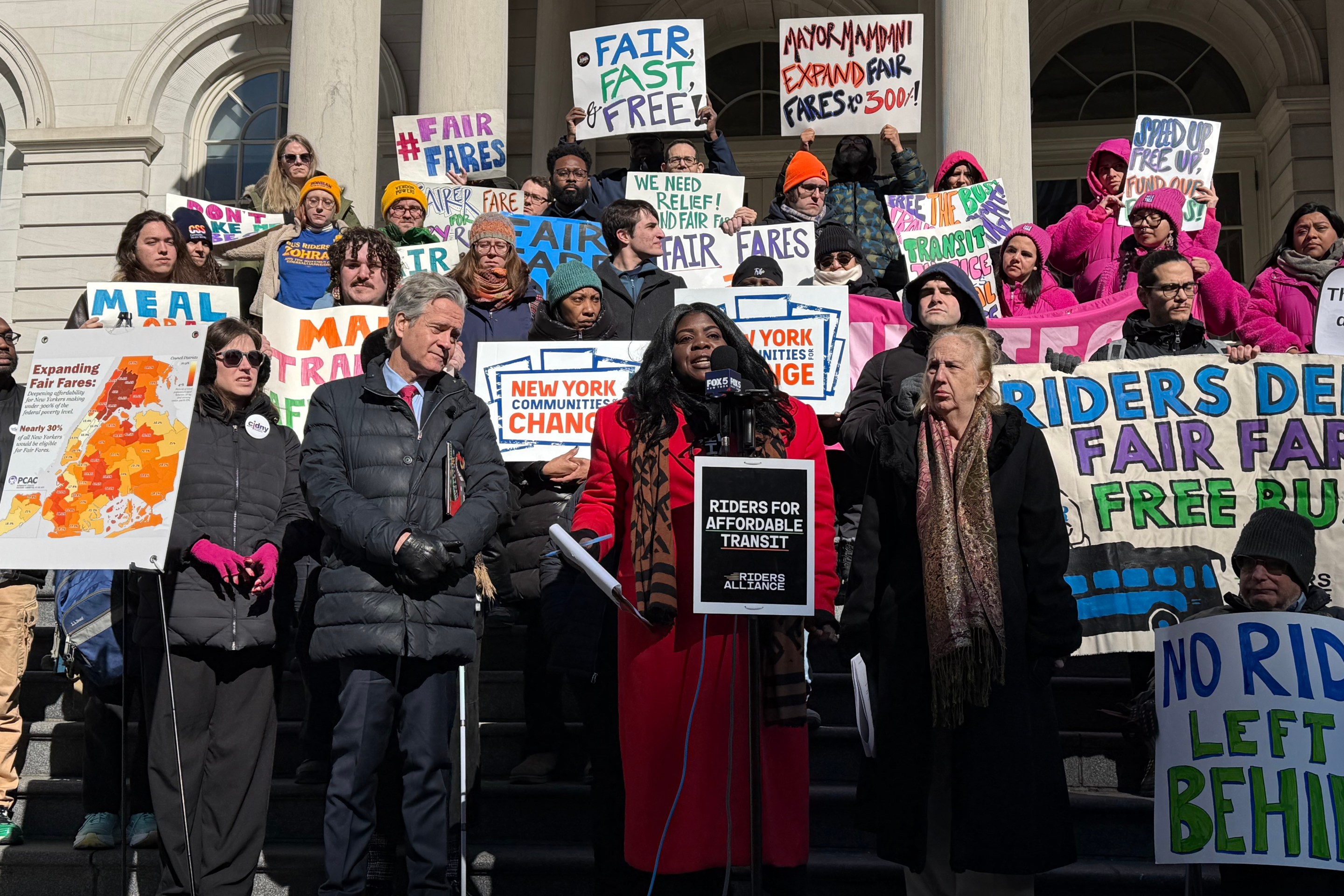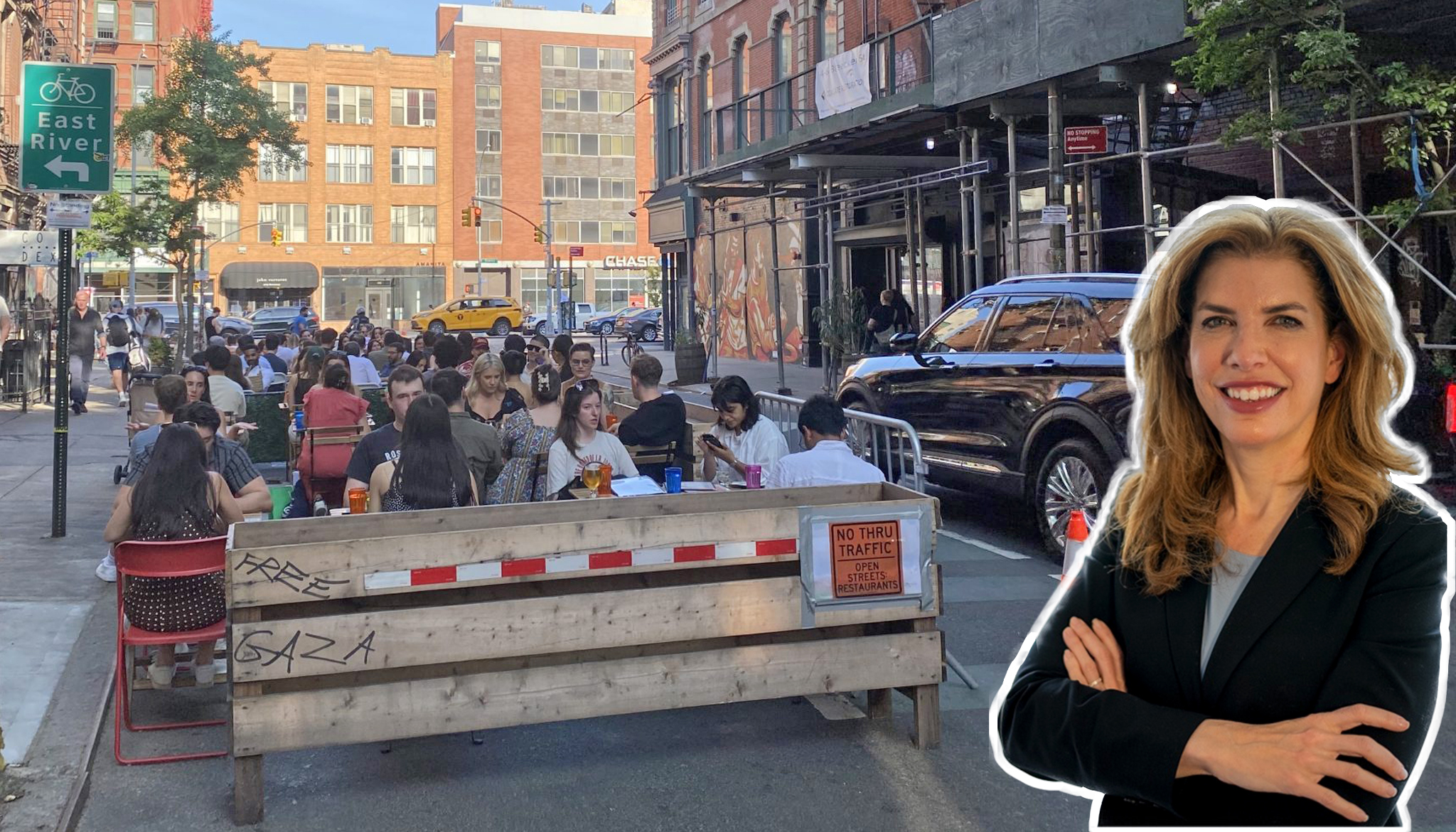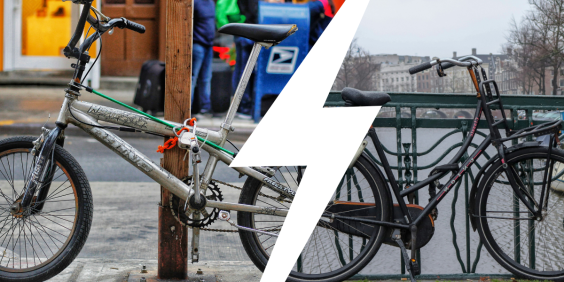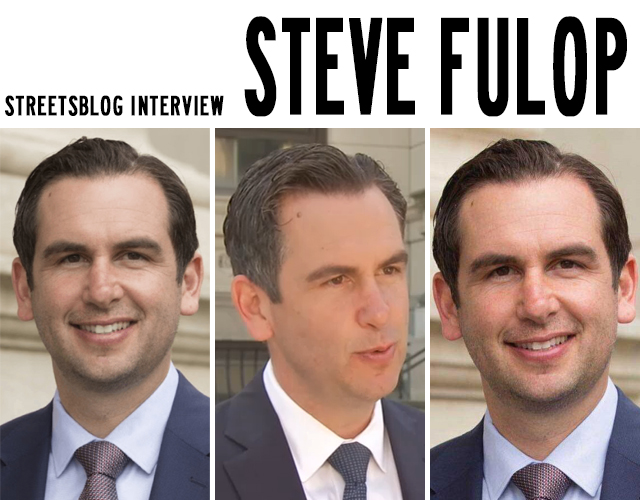Last night at a candidate debate hosted by block associations in Harlem, incumbent Council Member Inez Dickens, first elected to the District 9 seat in 2005, faced off against challenger Vince Morgan, a community development banker and former chair of the 125th Street Business Improvement District. While transportation didn't come up much in the debate itself, some important differences between the candidates were discernible -- particularly on the issue of Select Bus Service on 125th Street and the city's plans for a waste transfer station on East 91st Street.
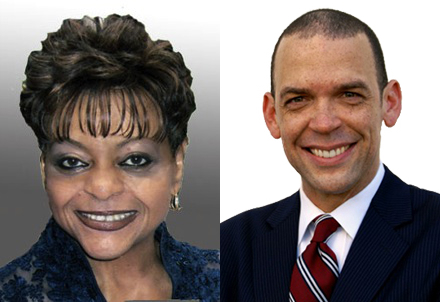
Dickens has a history of staying publicly silent as community boards stonewall pedestrian safety and bus projects in her district. She did not respond to Streetsblog's requests for comment when Community Board 10 asked DOT to scale back a traffic calming project on Adam Clayton Powell, Jr. Boulevard. (The complete plan, and then some, was eventually implemented without a resolution of support from CB 10.)
She did not reply to repeated requests for comment about the plan for Select Bus Service on 125th Street. DOT and the MTA cancelled the SBS project after pressure from, among others, State Senator Bill Perkins and Community Board 10.
After the debate, I asked Dickens about the cancelled bus plan. "They had not talked to the community, they had not included the community board," she said. "They did not take into consideration the local businesses along 125th Street." In fact, the planning process for the project included a survey of local retailers, as well as representation from three community boards and the 125th Street BID.
When I asked Dickens if she supported bus lanes on the street in principle, she ignored the question and walked away, heading over to talk to aides and supporters.
Morgan took a different position. "Select Bus Service is one of these things where our local politicians have ginned up an issue where they've gotten completely out of whack," he told me after the debate. "It just doesn't make any sense that we wouldn't have Select Bus Service on 125th Street." Morgan added that he supports removing on-street parking from 125th Street and replacing it with bus lanes, more pedestrian space, and potentially bike lanes as well.
During the debate, in response to a question about sanitation enforcement, Morgan brought up parking tickets. "I want to extend it out beyond the unfair tickets that a lot of homeowners are getting," he said. "Let's talk about in the morning when you wake up, and it seems like our neighborhood is inundated with traffic enforcement that seems to just prey on communities where working people are."
When it comes to the proposed solid waste transfer station at East 91st Street, which lies outside of the district, Morgan was equivocal. The transfer station, originally proposed for West Harlem, was moved to the East Side as part of the city's comprehensive Solid Waste Management Plan, which aims to cut down on truck traffic and more evenly distribute environmental burdens that have disproportionately affected low-income areas.
Morgan said he opposes the transfer station at East 91st Street, and that he would be open to locating it in Harlem. "It would be silly of me to say, no, I don't want it in Harlem, if there's some type of accommodation that this community can get to facilitate it, like jobs, like other things that may go in to sweeten the pot," he said.
Morgan also said there was a need for more planning work, even after the completion of the SWMP. "We need to come up with...an equitable plan so that everybody's waste has somewhere to go," he said during the debate. "We've got to come up with a plan."
"That's exactly what the City Council's resolution was," Dickens replied, referring to the SWMP. "We are right now fighting to put that transfer station right there on the East Side," she said. "So it is not located in Harlem once more, where asthma is prolific, where heart trouble is prolific."
After the debate, Morgan compared the marine transfer station to SBS on 125th Street. "This side wants it; they don't want it here, they don't want it there," he said. "Before you get to the final solution, you're really going to have to address those issues about neighborhoods vying against each other."
Morgan also told Streetsblog that he supports a car-free Central Park, as well as replacing parking minimums with maximums in the zoning code. "I would like to limit the amount of parking for new development," he said. "We live in Manhattan and we need to have more of a reliance on public transportation, and make it a little more difficult for people to own cars who don't necessarily need them."
Morgan expressed support for bridge tolls or congestion pricing, and wants to dedicate the revenue to schools. When I asked why he wouldn't dedicate the funds to transit, Morgan said "the increase in those bridge tolls" should support education. In 2008, Dickens voted to support congestion pricing, with the revenue dedicated to transit.
